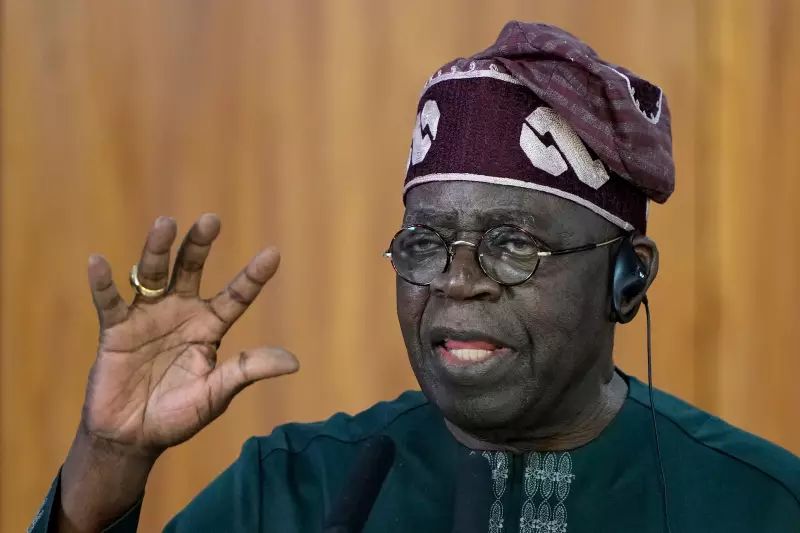
The Nigerian government has issued a firm rebuttal to former U.S. President Donald Trump's recent claims that Christians in the West African nation face an "existential threat," dismissing the allegations as exaggerated and politically charged.
In a strongly worded response, Nigerian officials and religious leaders have challenged Trump's characterization of the country's religious landscape, arguing that it presents an inaccurate picture of interfaith relations in Nigeria.
Government's Official Response
The Nigerian Ministry of Foreign Affairs released a statement asserting that the country's constitution guarantees freedom of religion for all citizens. "While Nigeria faces security challenges like many nations, the characterization of an 'existential threat' to any religious group is not reflective of the reality on ground," the statement read.
Government spokespersons emphasized that Nigeria maintains a secular state framework where all religious groups coexist, though acknowledging occasional conflicts that affect both Christian and Muslim communities.
Religious Leaders Weigh In
Prominent Christian leaders in Nigeria have offered mixed reactions to Trump's comments. Some acknowledged security concerns in certain regions but rejected the notion of systematic religious persecution.
"We have challenges, yes, but to say Christians face existential threat is an overstatement that doesn't help our situation," said Reverend Father Ayodele Ojo, a Catholic priest from Lagos. "Such statements could potentially inflame religious tensions we're working hard to calm."
Political Context and Timing
Analysts suggest Trump's comments come amid his renewed political campaign efforts, where appealing to evangelical Christian voters remains a strategic priority. The former president has frequently highlighted religious persecution issues in his foreign policy statements.
However, Nigerian political commentators warn that such external characterizations could complicate the country's ongoing efforts to address security challenges affecting all citizens regardless of religious affiliation.
Security Situation Assessment
While acknowledging that religiously-motivated violence has occurred in certain northern states, security experts note that the primary drivers of conflict often involve:
- Competition over land and resources
- Political and economic marginalization
- Ethnic tensions
- Criminal activities beyond religious dimensions
The Nigerian government maintains that its security forces are addressing these challenges comprehensively rather than through a purely religious lens.





